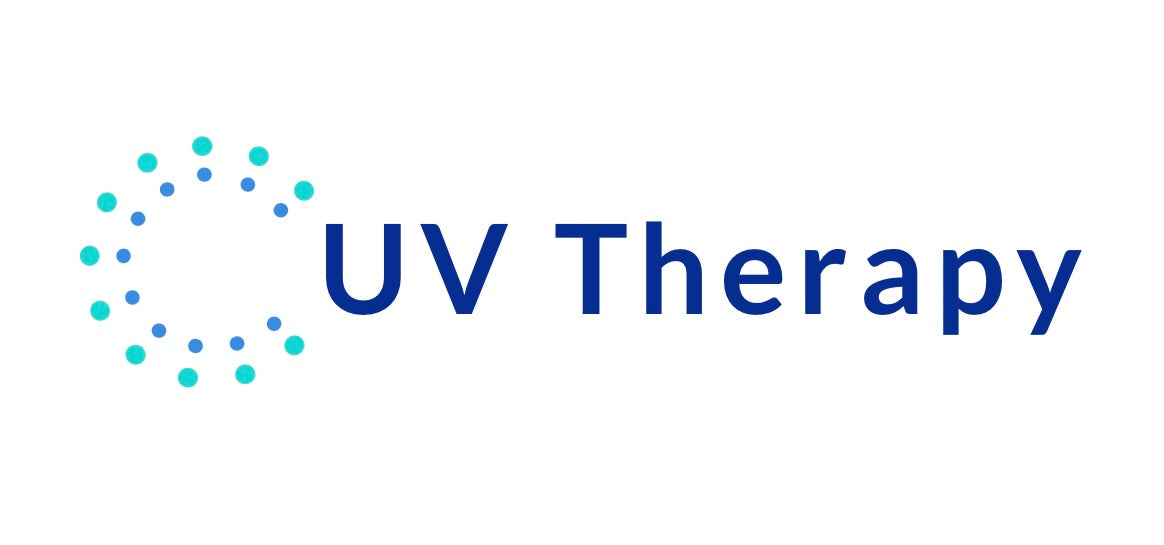Psoriasis FAQ
What is Psoriasis?
Psoriasis is a complicated disorder, genetically determined but in a very complex way. Within a family there can be a number of the members who suffer from the disease but there is equally no pattern of inheritance.
How To Identify Psoriasis?
Psoriasis is easily recognisable by the redness of the inflammation of the skin which develops into (Plaques) of scales. The most common areas being the elbows, knees and scalp. Psoriasis flare ups can be both frequent or infrequent, with the time between flare ups being very varied.
Are there different types of psoriasis?
Yes there are many types of psoriasis, including:
- Vulgar (Plaque) Psoriasis - This is the most common form of psoriasis. Plaque psoriasis causes dry, itchy, raised skin patches (plaques) covered with scales. There may be few or many. They usually appear on the elbows, knees, lower back and scalp. The patches vary in colour, depending on skin colour.
- Guttate Psoriasis - Guttate psoriasis primarily affects young adults and children. It's usually triggered by a bacterial infection such as strep throat. It's marked by small, drop-shaped, scaling spots on the torso, arms or legs.
- Nail Psoriasis - This affects Toenails and Fingernails causing pitting, abnormal nail growth or discolouration. Server cases can cause the nail to crumble.
- Pustular Psoriasis - Pustular psoriasis, a rare type, causes clearly defined pus-filled blisters. It can occur in widespread patches or on small areas of the palms or soles.
- Inverse Psoriasis - Inverse psoriasis mainly affects the skin folds of the groin, buttocks and breasts. It causes smooth patches of inflamed skin that worsen with friction and sweating. Fungal infections may trigger this type of psoriasis.
- Psoriasis Arthritis - Psoriatic arthritis is a type of arthritis that develops in some people with the skin condition psoriasis. It typically causes affected joints to become inflamed (swollen), stiff and painful. Between 20-40% of people with psoriasis will develop psoriatic arthritis
- Psoriasis Erythroderma - Erythrodermic psoriasis is a rare skin condition that causes a red rash to form over most of your body. The rash resembles a burn and can be as dangerous as one, causing chills, fever and dehydration. Erythrodermic psoriasis requires immediate medical attention. This is a very rare Psoriasis, only affecting around 3% of all sufferers.

Is Psoriasis Transmittable?
Although the disease can affect multiple members of a family, it is not catching so you can’t give it to other family members, friends or partners. It is purely genetic and thus can miss members and even generations.
Is Psoriasis Hereditary?
Having a parent with psoriasis increases the risk of a child developing it, and having two parents with psoriasis increases the risk further. A parent with the disease has about a 16 percent chance of passing it down to their child. If both parents have psoriasis, there’s a 50 percent chance of passing down the trait.
How does psoriasis affect sufferers?
Psoriasis is one of the diseases that has the biggest impact on the sufferer, particularly if it is on the face, hands or legs. This visual impact in how the suffer looks can be very traumatic for them, resulting in a major deficit the quality of life and life's opportunities.
What are treatments options available to the psoriasis sufferer?
As with most skin disorders the initial treatment is usually by topical creams and lotions. If the results from topical treatment is ineffective, the next conventional way to treat psoriasis is with ultraviolet (UVB) light therapy. Also known as phototherapy Narrowband UVB at the specific waveband of 311nm, UVB narrowband light therapy is a proven effective way to treat the majority of psoriasis sufferers.
Other Psoriasis Treatment Options?
In the rare cases where treatment with UVB Narrowband light therapy has not had the fully desired effect the final course of action would be medicinal.
